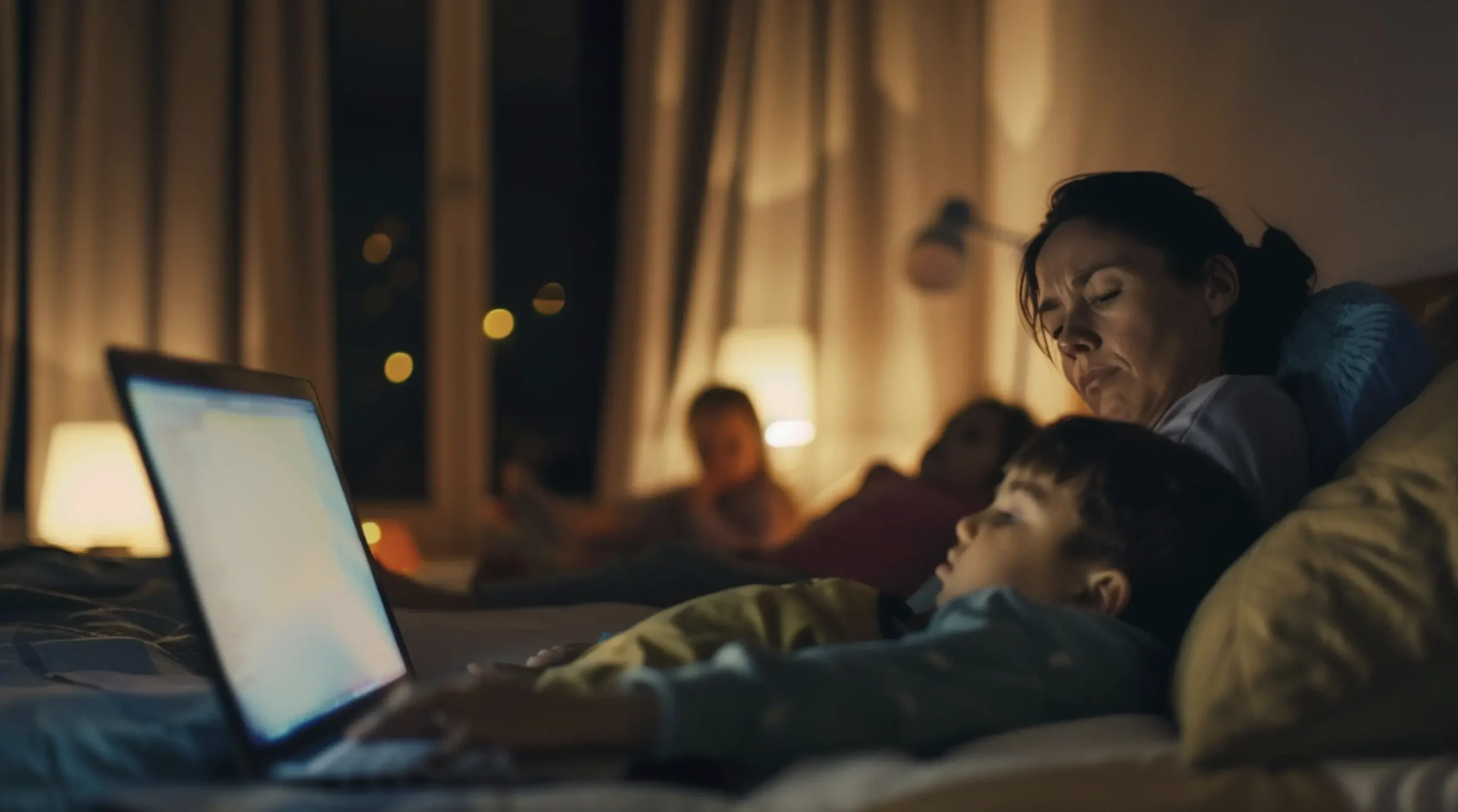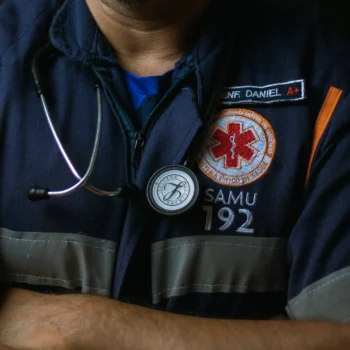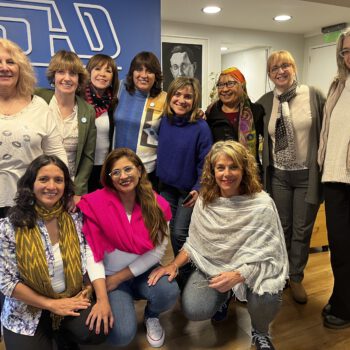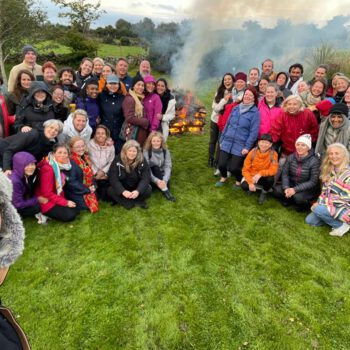Dr. Priya Duggal, ND, is a registered naturopathic doctor whose practice focuses on women’s health, breast cancer, autoimmune conditions, addictions, and mental health. She’s also a Compassionate Inquiry® Practitioner, Facilitator, Educator, Mentor, Circle Leader, and Vice President of the MammAlive foundation, a non-profit organization providing women’s health and breast health education, globally.
This post references a short excerpt of Priya’s story of transformation and healing through Compassionate InquiryⓇ. Listen to her full interview on The Gifts of Trauma Podcast.
Part of my mix of specialties is working with women experiencing Fibromyalgia. The keys to healing fibromyalgia are rest, relaxation and slowing down. Women struggle with this, as across the globe, we’re taught to serve, to care for others, to be good moms / daughters / wives…
My clients object, saying, “I have to do it, because no one else will.” Add to that, if someone in our home is upset, as women, we’re conditioned to take it personally, “Why are they unhappy? What did I do?” All too often, we’re attached to responsibility. When we are, we believe, “I’m responsible.”
Often, I’ll ask my clients to imagine a child, then imagine themselves telling that child, “You’ve got to work. It’s your responsibility to care for others. It’s your job to make everyone happy.” Then I’ll ask, “Would you actually say that to a child?” They always reply, “No, I’d never say it to anyone but myself.” That’s their ‘ah ha’ moment.
Buddha said, “…with our mind, we create the world.” So Gabor asks, “Who created our minds when we were kids?” Let’s say a little girl’s mom is sick, and that little girl cares for her mom, maybe her dad and siblings too. When she grows up and goes to work, the same thing happens. She takes on everyone else’s work. And when she goes home to her family, it happens again. It’s all an extension of that same belief, “I’m responsible, I have to do it.” She can’t say, “No.” This is covered extensively in Gabor’s book, When the Body Says No. Fibromyalgia is the body saying “No.”
The sad part is, when their bodies start saying “No,” my clients get upset with them. Even though they’ll acknowledge, “I’m really pushing myself. I’ll go to the gym even when I’m tired, busy at work and taking care of my family.” When I ask, “When do you rest?” They respond with confusion. “Don’t I need exercise?” “Yes,” I’ll say, “But you need sleep more.”

Often, I’ll ask a client experiencing Fibromialgia to close her eyes for a moment and ask her body what it needs. The answer is always, “I need sleep” or, “I need rest.” A few days into resting, guilt can come in. “The house is a mess. I’m not doing anything about it, and I’m feeling better.” When they set aside their old guilt programming, listen to their body and prioritize themselves, they experience huge shifts. They’re amazed that simply tuning into their bodies, resting and practicing self care make such a difference. Once rested, they begin to release their symptoms. “The pain, it’s not there anymore.”
Their body asked for rest, and when it got what it needed, so the pain evaporated. If they backslide and start doing too much again, their body reminds them. ” I did too much and I crashed.” Then they get back on track.
The most common beliefs underlying chronic conditions are, “I have to justify each moment of my existence or “I don’t matter”, and “I’m not good enough.”
These beliefs arise when, as children, we’re not allowed to share our emotions. If a child is sad about something, and she’s crying and her parents repeatedly respond by saying, “Don’t cry. What are you crying for?” She gets the message. It’s not okay to cry. When she’s angry, if rather than acknowledging her anger, her parents consistently say, “Behave. Be nice. Don’t be angry.” She often concludes that her emotions are not welcome and suppresses them. And since it’s not okay to show her emotions, if something happens that upsets her, she doesn’t tell anyone about it because… “I’m a burden if I tell.” Or, “I don’t want to add stress to my parents because they’re already stressed.”
These beliefs, “I don’t matter”, and “I’m not good enough,” cause anxiety, tension in the body, insomnia, depression, and more. “How can I be good enough?” We deal with our pain by exhausting ourselves, attempting to prove we are good enough. But when we’re alone, the small voice that says, “I’m not good enough,” shows up again. That’s our old trauma, it keeps coming back, just like the villain in a horror movie that’s seemingly impossible to defeat. Until our trauma is healed, no matter what we do, it continues to show up in our beliefs and in our behavior.
This cycle inflicts a lot of stress on the body. If someone believes they’re not good enough, they may become a workaholic to prove that they are good enough. In addition to emotional pain, overworking causes physical stress, which can lead to adrenal fatigue and other issues. When we get caught in this hazardous triangulation of trauma behaviors, the outcome is often disease.
I believe we are living in a pandemic of anxiety. These old beliefs drive us to work hard to justify our existence. As children, in our attempts to “Be worthy. Be good enough. To matter,” we not only suppress our emotions, but work diligently to become more intelligent, nicer, whatever helps us be
seen and acknowledged by our parents.
Many of us carry these ‘unconscious drivers’ into adulthood, where, after decades of relentless effort, they can manifest as Fibromyalgia, ALS, MS, cancer… any of an array of autoimmune disorders. When our body says “No”, and our need to drive, prove, or justify, is finally thwarted… a window opens that invites us to slow down, reflect, get curious and seek support… to finally heal our trauma.
– – –
The Gifts of Trauma is a weekly podcast that features personal stories of trauma, healing, transformation, and the gifts revealed on the path to authenticity. Listen to the interview, and if you like it, please subscribe and share.




Comments are closed.